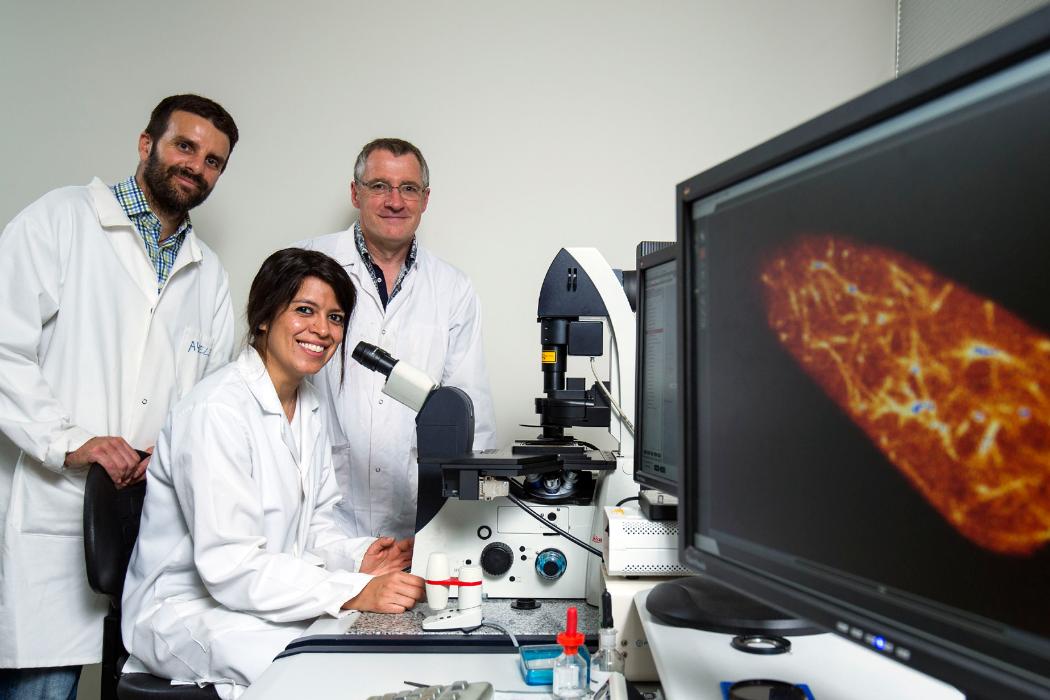Microbiology
Introduction
Microbiology is the study of organisms such as algae, fungi, bacteria, and viruses that cannot be seen with the naked eye. These microorganisms are abundant and diverse, and they affect humans in both negative and positive ways.
Some microorganisms cause diseases in humans, other animals, or agricultural crops, and are therefore of significance to our biosecurity. Others can be used to benefit humans, such as microbes that can be used to kill insect pests (bio-control) and those that destroy harmful chemicals such as pesticides (bio-remediation). Other microbes are simply essential to the maintenance of all life, such as those that generate oxygen and other critical elements.
This is a broad major, covering bacteria, archaea, eukaryotic microbes and viruses, and environmental, evolutionary, and molecular microbiology.

